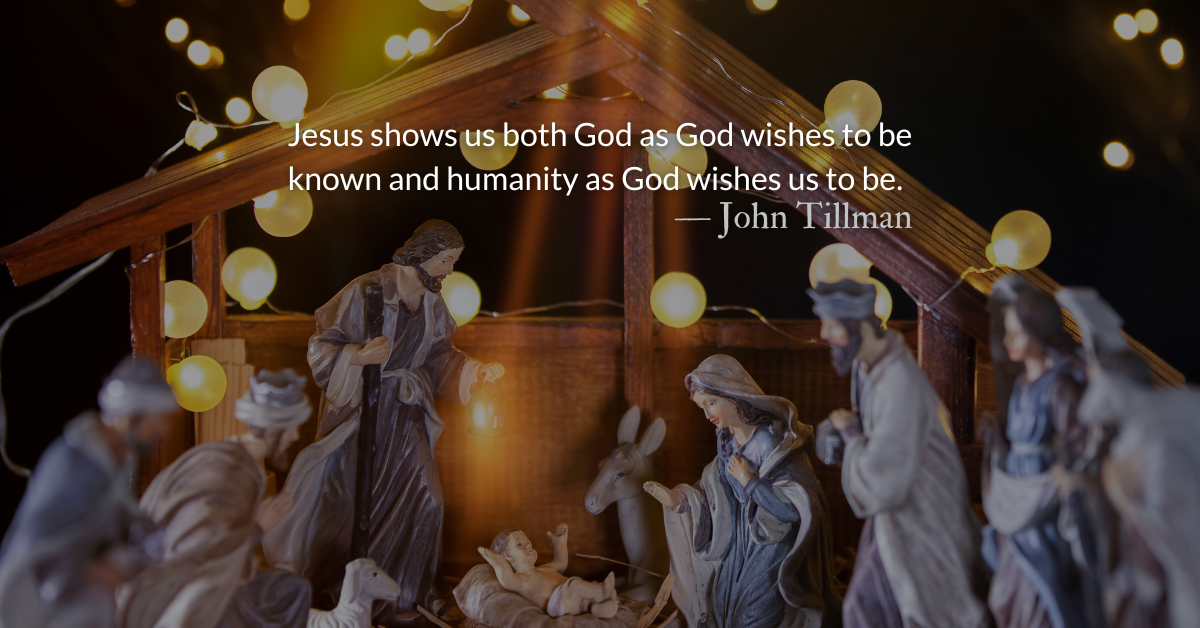Links for today’s readings:
Dec 23 Read: 2 Chronicles 27-28 Listen: (6:27) Read: Psalms 137-138 Listen: (2:13)
Scripture Focus: Psalm 138:1-5
1 I will praise you, Lord, with all my heart;
before the “gods” I will sing your praise.
2 I will bow down toward your holy temple
and will praise your name
for your unfailing love and your faithfulness,
for you have so exalted your solemn decree
that it surpasses your fame.
3 When I called, you answered me;
you greatly emboldened me.
4 May all the kings of the earth praise you, Lord,
when they hear what you have decreed.
5 May they sing of the ways of the Lord,
for the glory of the Lord is great.
Luke 2:13-14
13 Suddenly a great company of the heavenly host appeared with the angel, praising God and saying,
14 “Glory to God in the highest heaven,
and on earth peace to those on whom his favor rests.”
Reflection: The Sound of Glory — Love of Advent
By Jon Polk
The first piece to feature the chorus in George Frideric Handel’s Messiah is the bold and declarative “And the Glory of the Lord.” Here, as he does nearly twenty times in his masterwork, Handel sets to music words from the prophecy of Isaiah, specifically from chapter 40 verse 5.
And the glory, the glory of the Lord
Shall be revealed
And all flesh shall see it together
What exactly is God’s glory? It is a difficult concept to grasp. C.S. Lewis wrestled with the idea in his book, The Weight of Glory. Lewis attempted to define glory in one of two ways, “Either glory means to me fame, or it means luminosity.”
Regarding glory as fame, Lewis initially felt that fame was a shallow, selfish pursuit that seems unbecoming and out of character with the nature of God. However, upon further consideration and reflecting on the work of other theologians, Lewis reframed his understanding of fame as “good report” or “approval,” in the same manner as a parent approves of a child or an artist takes pleasure in her or his work. He writes,
For glory meant good report with God, acceptance by God, response, acknowledgment, and welcome into the heart of things. The door on which we have been knocking all our lives will open at last.
By this definition, glory is to be of “good report” with God, to be accepted and welcomed by God, to be known by God. As Lewis concludes, this is the deepest desire of all our hearts.
Consider the angels appearing in the fields outside Bethlehem proclaiming God’s glory and peace to a handful of ordinary shepherds. Never in their wildest dreams did those herdsmen imagine that the God of their forefathers would look down on their lowly lives and embrace them, delivering to them first the greatest news in human history.
The Christ Child entering into our world is a heavenly proclamation from God, “You are loved. You are welcome. You are accepted by me.”
Isaiah’s prophecy and the rousing choral setting from Handel are truly an anthem, a declaration that God’s glory has been revealed to us and in us. God welcomes us into the family. God smiles on us as an artist admires his creation.
May our response be that of the psalmist: to praise God with our whole heart (138:1), to sing and proclaim the goodness of God (138:5), and to find strength in God’s embrace (138:3).
And about glory as luminosity, imagine having been out in the fields with the shepherds that night…
Divine Hours Prayer: The Request for Presence
May God be merciful to us and bless us, show us the light of his countenance and come to us.
Let your ways be known upon earth, your saving health among all nations. — Psalm 67.1-2
– From The Divine Hours: Prayers for Autumn and Wintertime by Phyllis Tickle.
Read more: From Silence, Peace :: Peace of Advent
We need the silence of Advent…time to turn off the noise of our self-reliance and to sit listening for God’s words of life.
Consider Supporting Our Work
Our donors help us provide ad-free content that brings biblical devotionals to inboxes across the world. We’d like to do more. Become a donor to help us.






